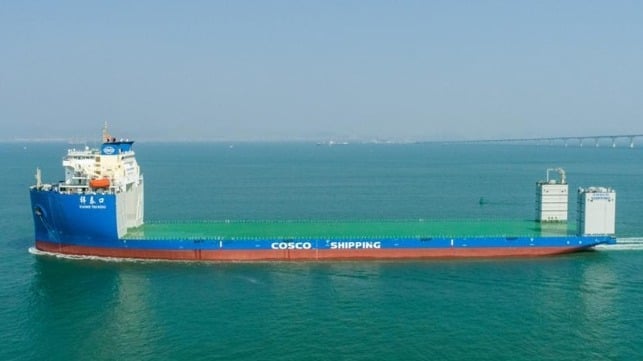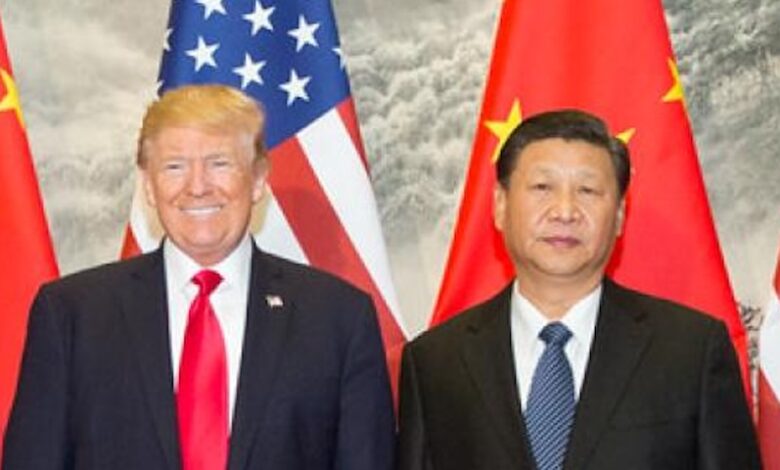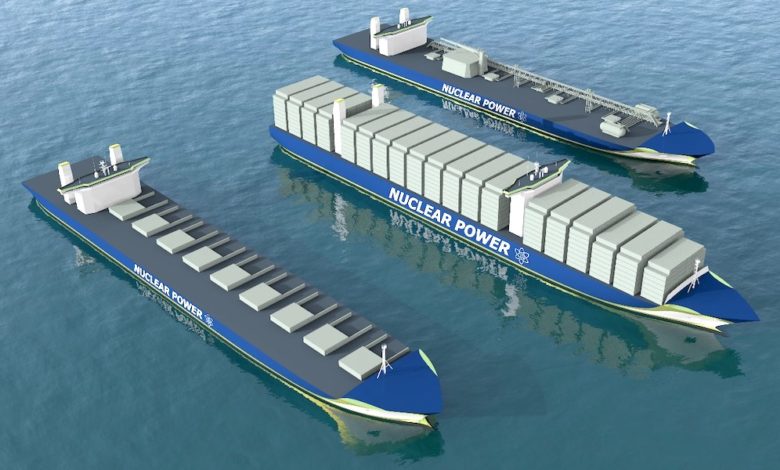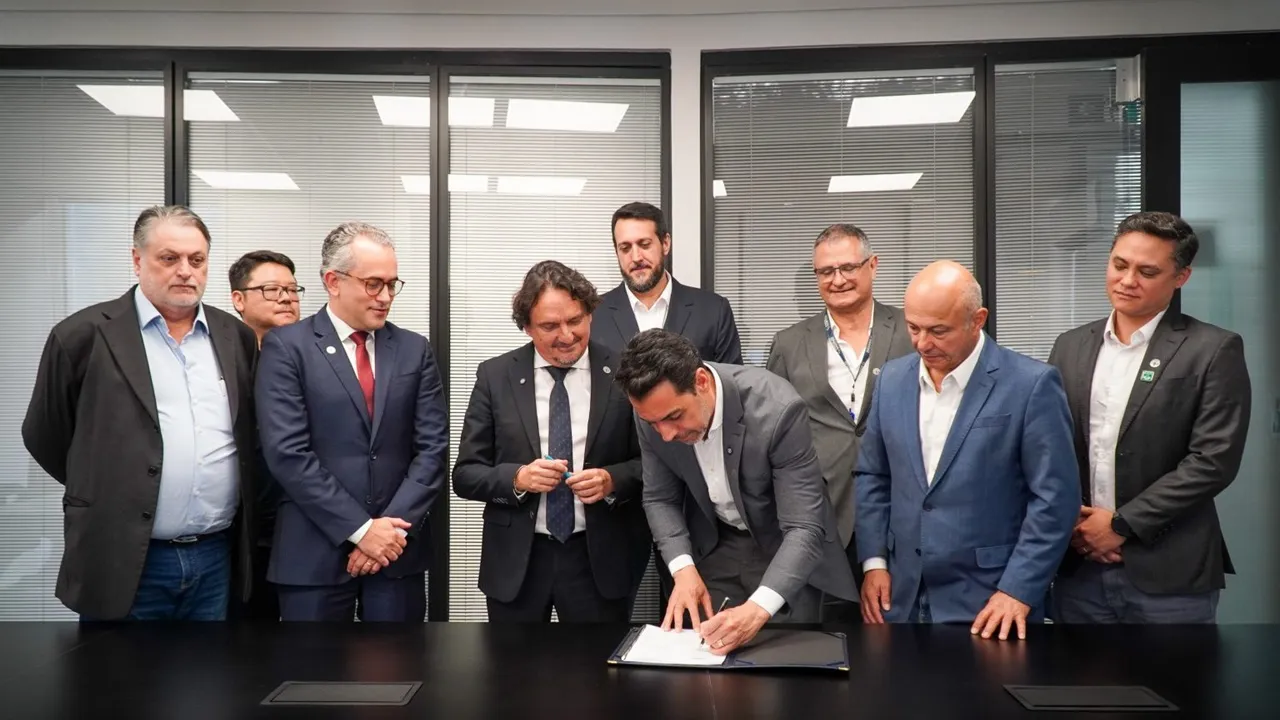Splash247: IMO’s green dream meets America’s red line
While the majority of opening statements at yesterday’s opening of the latest Marine Environment Protection Committee (MEPC) were broadly in favour of the International Maritime Organization’s (IMO) Net-Zero Framework (NZF), the US delegation stood out once again for its outspoken opposition to the proposed green legislation. The American delegation, which made headlines in April for not even attending the last MEPC, showed up yesterday and dismissed the framework and its Net-Zero Fund as a “giant environmental slush fund”.
The Trump administration last week threatened to sanction nations that vote in favour of the NZF. In a joint statement, Secretary of State Marco Rubio and Transportation Secretary Sean Duffy said countries backing the IMO’s decarbonisation plan could face port bans, visa restrictions on seafarers, punitive vessel fees, and even sanctions on government officials deemed to be “sponsoring activist-driven climate policies.”
For his part, Arsenio Dominguez, secretary-general of the IMO, conceded yesterday that the NZF may not be perfect, but it provides what he described in his opening remarks as a “balanced basis” for further work on a number of elements ahead of its entry into force in 2027.
“The energy and digital transition of shipping have already started. However, the absence of global regulations will increase the costs of this transition in the long run,” Dominguez said, adding: “It will incite a proliferation of regional and national climate measures leading to inefficiency and a myriad of emissions pricing schemes, without IMO – all of you the member states – or the industry having a say in how to use the collected revenue.”
Prolonged uncertainty will put off investments and diminish confidence in the IMO, Dominguez warned.
China, the European Union, the UK, Brazil and several other member states reaffirmed their support for the NZF yesterday, while a group of oil producing states came out against it. The global regulation targs net-zero greenhouse gas (GHG) emissions from international shipping by or around 2050, in line with the IMO’s 2023 GHG Strategy. The NZF is potentially the first legally binding regime to combine mandatory GHG emission limits and pricing for an entire sector.
It introduces a global fuel standard requiring ships over 5,000 gt to gradually reduce annual GHG fuel intensity, measured on a well-to-wake basis. Ships exceeding these limits must purchase remedial credits, while those using zero or near-zero emission fuels are rewarded financially.
Initially approved in April, member states are set to vote on Friday on formally adopting the NZF. Pacific Island states, which abstained in the initial vote over concerns the proposal was not ambitious enough, are now expected to support it. Adoption will require a two-thirds majority.
If approved, importantly the European Union has said it will review its own green shipping regulations.
Related Posts





